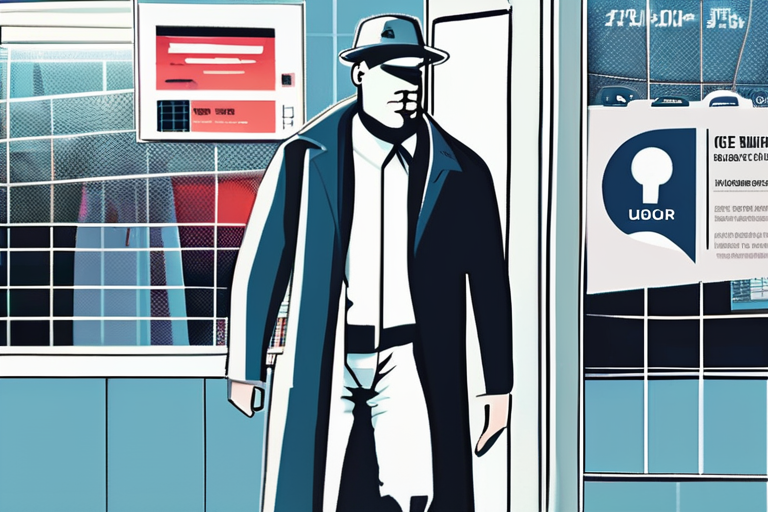Immigration and Customs Enforcement (ICE) has announced plans to expand its immigrant-tracking program, offering up to $280 million in guarantees to private surveillance firms, according to newly released contracting records reviewed by WIRED. The agency has scrapped a recent $180 million pilot proposal in favor of a no-cap program, which will allow contractors to earn significantly higher payouts.
The program, which was first reported by The Intercept last month, involves hiring bounty hunters and private investigators for street-level verification work. Contractors will be responsible for confirming home and work addresses for individuals targeted for removal by ICE, using techniques such as photographing residences, documenting comings and goings, and staking out workplaces and apartment complexes. The contractors will be paid based on the number of successful verifications they complete, with some reports suggesting that they could earn as much as $90 million each.
ICE officials have defended the program, citing its potential to improve the efficiency and effectiveness of the agency's removal operations. "This program is designed to provide ICE with the tools and resources it needs to identify and remove individuals who are in the country illegally," said an ICE spokesperson. "By leveraging the expertise and capabilities of private sector contractors, we can better target our resources and ensure that we are using taxpayer dollars in the most effective way possible."
The program has been met with criticism from immigrant advocacy groups, who argue that it will only serve to further militarize ICE's enforcement efforts and create a culture of fear among immigrant communities. "This program is a clear example of the Trump administration's commitment to using private contractors to do the dirty work of immigration enforcement," said a spokesperson for the American Civil Liberties Union. "It's a recipe for disaster, and it will only serve to further erode the trust and confidence that immigrants have in our justice system."
The program is part of a larger trend of ICE outsourcing its enforcement efforts to private contractors, who are often given broad authority to operate in immigrant communities. This has raised concerns about the potential for abuse and the lack of accountability among these contractors. "The use of private contractors in immigration enforcement is a recipe for disaster," said a former ICE official. "It's a way for the agency to avoid accountability and to hide the true extent of its enforcement activities."
The current status of the program is unclear, but it is expected to be rolled out in the coming months. ICE officials have said that they will be working closely with contractors to ensure that the program is implemented in a way that is fair and transparent. However, critics of the program remain skeptical, and are calling for greater oversight and accountability among ICE's contractors.



























Share & Engage Share
Share this article